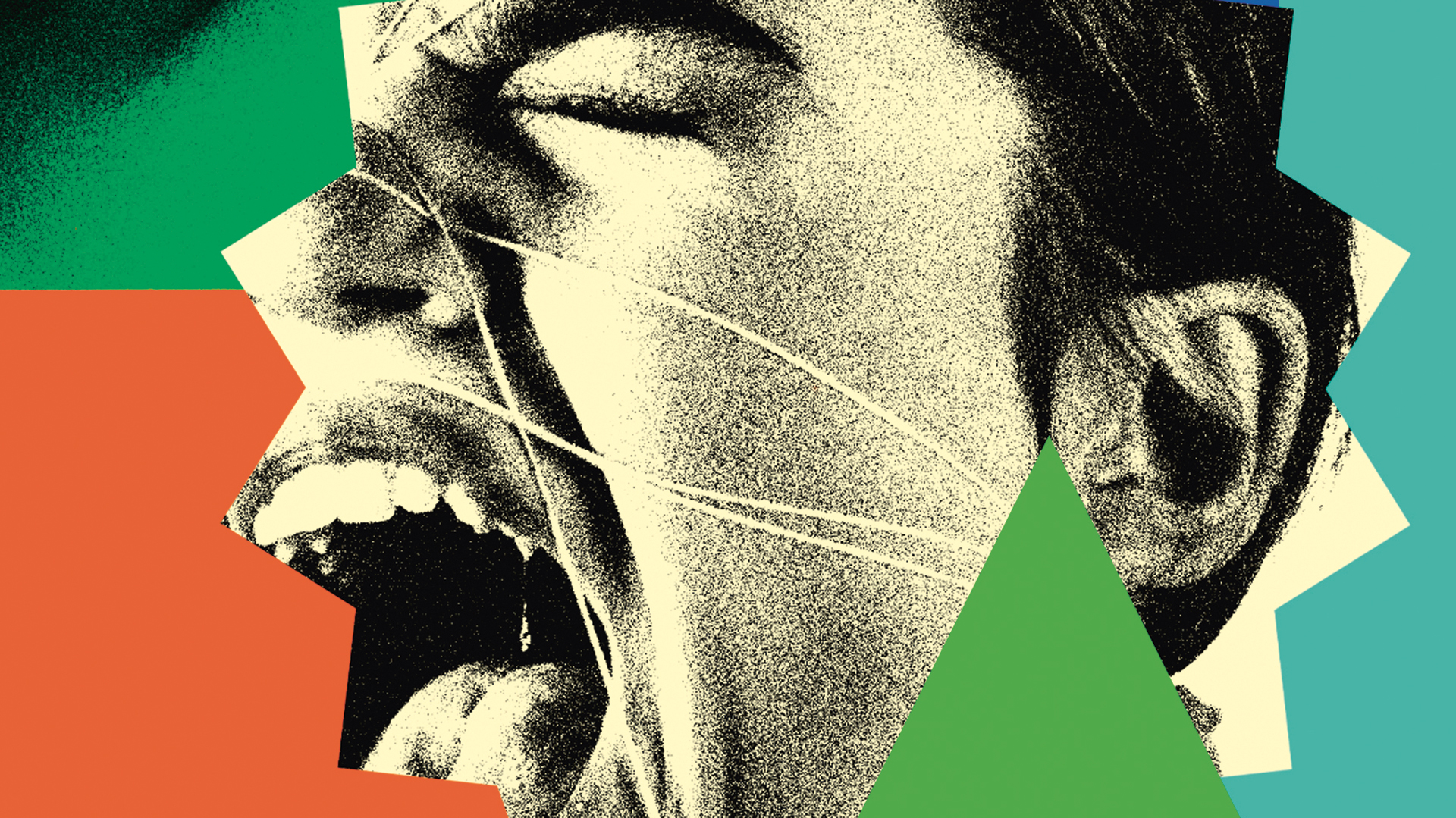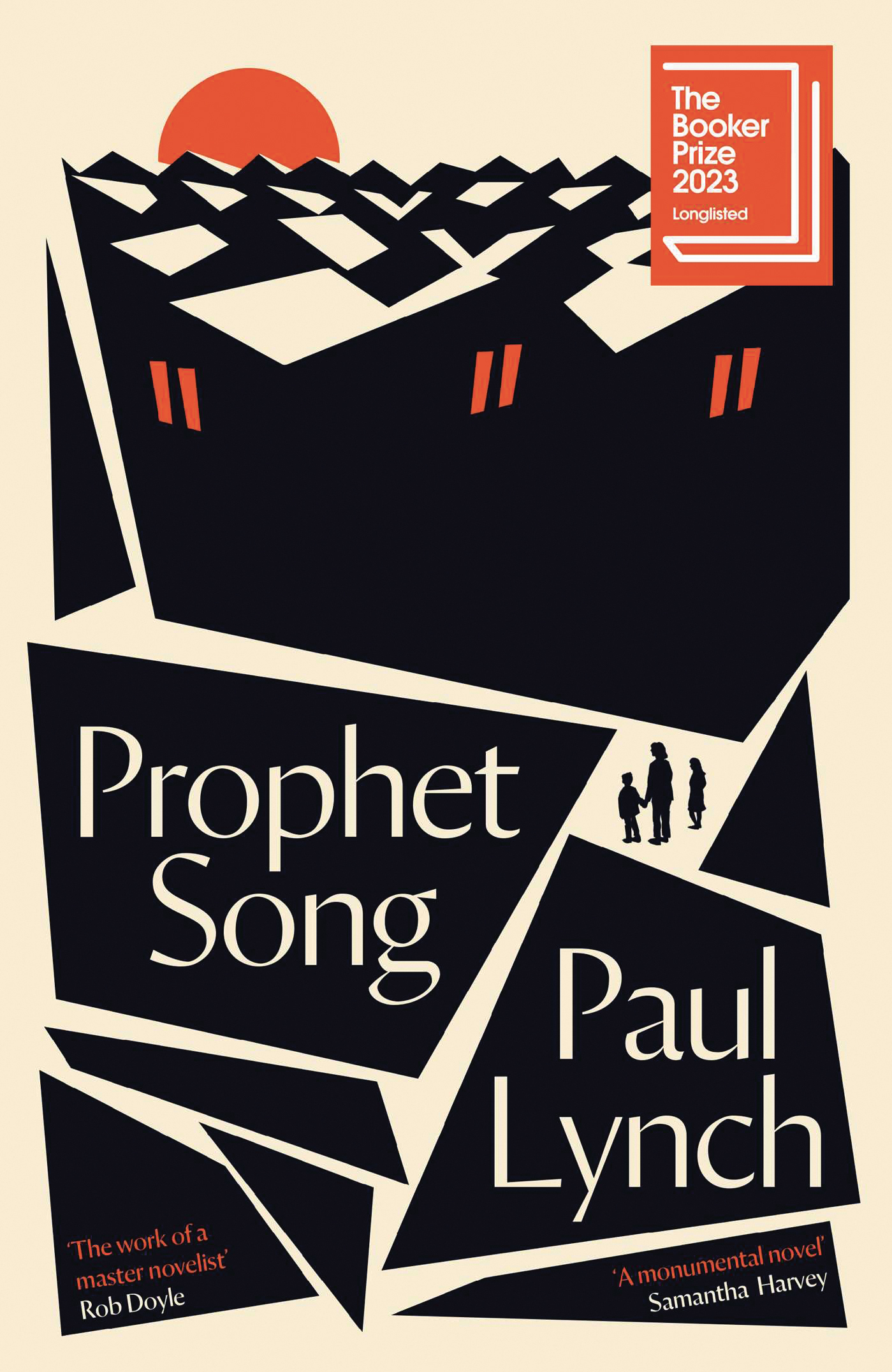There is a 1991 book you may know by Don DeLillo called Mao II that explores a unique set of problems facing the modern writer. In that book, the reclusive novelist Bill Gray finds himself adrift from a society that no longer places the novel at the centre of the culture. A novelist in the late 1990s would no doubt recall a time when demanding fiction such as Saul Bellow’s Herzog could chart at number one on the New York Times bestseller list for 29 weeks across 1964-65, not to mention a time when men in large numbers, and not just women, read literature as though the very state of the soul, not to mention the nation, depended on it.
In Mao II, DeLillo laments the saturation and spectacle of our modern media, which has replaced the novel’s whisper in the ear. How can a novelist be heard, let alone compete, with a device that beams terrorism and war into our living rooms while we eat our dinner?
Get the latest news and insight into how the Big Issue magazine is made by signing up for the Inside Big Issue newsletter
“Not long ago, a novelist could believe he could have an effect on our consciousness of terror,” DeLillo once said. “Today, the men who shape and influence human consciousness are the terrorists.”
Thirty-two years after Mao II, we live in an age of dread, but our consciousness has now been irreversibly shaped by the technology that delivers the spectacle. How is the novel to compete with the fragmentation of our attention, with the tyranny of the new that generates a constant fear of missing out? Can the novel even contend with a reality that has been turned into perma-spectacle and distraction?
The author watching out of their window might feel a certain anxiety. They might even put up a defence: the novel has no ideal use, after all, but can only offer the reader what a novel can do. The moving light of consciousness. The hidden life of unrecorded acts. The startling moment that unfolds in silence. Meaning and human truth rather than data and information.










